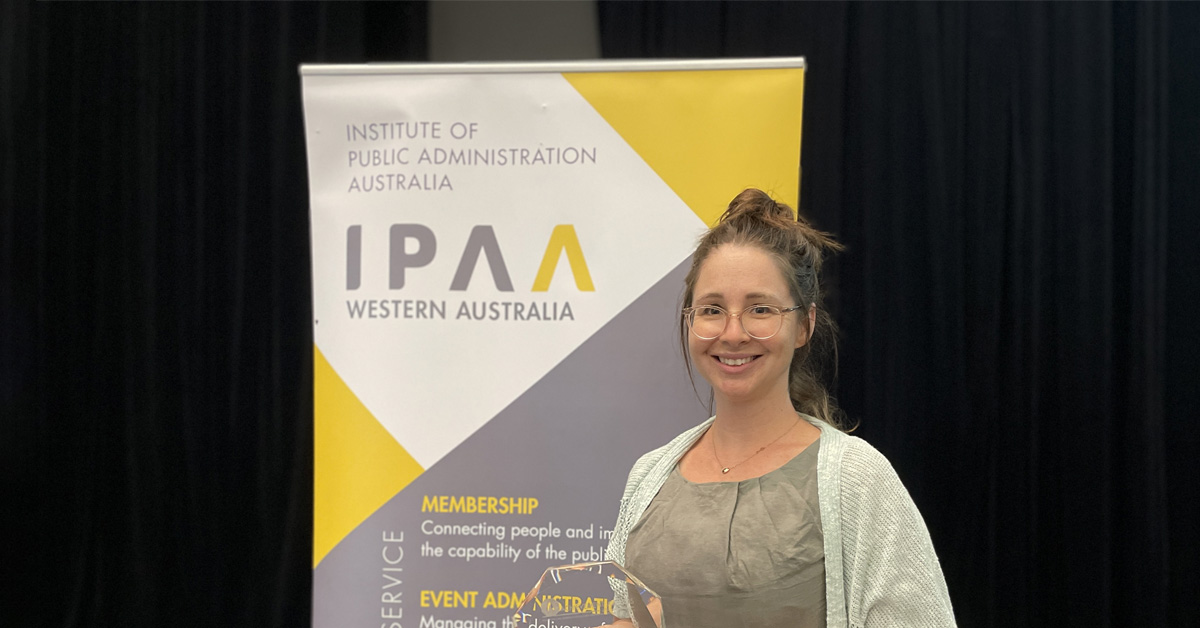Search

News & Events
Award for Sun Safe app developed with teensThe Kids Research Institute Australia researchers who worked with young people to develop an app designed to help teenagers stay safe in the sun have been named joint winners of a new award for ‘Best Practice in Children’s Consultation’.
Research
A Scoping Review of Digital Interventions Targeting Anxiety in Young ChildrenAnxiety is a leading mental health concern in childhood. Whilst a range of therapeutic approaches effectively reduce anxiety in young children, several barriers impact their implementation into practice. Digital interventions could help overcome some of these challenges; however, whether these can effectively target anxiety for children with and without Neurodevelopmental Conditions is unknown.
Research
Empowering Social Competence: A Scoping Review of Digital Social Skills Training InterventionsEffective social skills are essential for functional social support, help-seeking, and resource access. Digital social skills training plays a key role in empowering individuals to develop social competence, improve access to various support and resources, and enhance locus of control through dynamic media.
Research
#TransTok: a digital ethnographic study using content analysis to investigate transgender and gender diverse ‘for you page’ content on TikTok that may affect mental healthTransgender and gender diverse (“trans”) people are more likely to experience adverse mental health outcomes due to the social adversities that are commonly experienced. One ameliorating factor for poor mental health outcomes can be connection to community, often facilitated in online spaces such as TikTok.
Research
Investigating the Feasibility and Acceptability of a Facebook Delivered, Parent Mediated, Physical Activity Intervention for Children with Developmental Coordination DisorderChildren with Developmental Coordination Disorder (DCD) experience difficulties performing fundamental movement skills, resulting in reduced physical activity (PA). Given low PA can impact mental and physical health, improving PA in DCD appears imperative. This study investigates the feasibility of a Facebook delivered, parent mediated, PA intervention for children with DCD.
Research
Real time monitoring of respiratory viral infections in cohort studies using a smartphone appCohort studies investigating respiratory disease pathogenesis aim to pair mechanistic investigations with longitudinal virus detection but are limited by the burden of methods tracking illness over time. In this study, we explored the utility of a purpose-built AERIAL TempTracker smartphone app to assess real-time data collection and adherence monitoring and overall burden to participants, while identifying symptomatic respiratory illnesses in two birth cohort studies.
Research
Improving physical activity and screen time in Australian Outside School Hours Care: Study protocolChildren's physical activity and screen time behaviours impact their physical health and well-being. In Australia, less than half of children meet daily physical activity recommendations and only one-third meet daily screen time recommendations.
Research
‘Black Out Rage Gallon’ (aka borg): An investigation of a risky drinking trend on TikTokA 'Black Out Rage Gallon' (borg) is a customised, individual alcoholic beverage popularised on TikTok, whereby half the water in a gallon jug is replaced with alcohol (usually spirits), flavourings, electrolytes and caffeine. We investigated the characteristics and portrayal of the emerging alcohol trend associated with the hashtag descriptor #borg on TikTok.
Research
Australian children's physical activity and screen time while in grandparental careThe objective of this study was to explore Australian children's engagement in physical activity and screen time while being cared for by their grandparents.
Research
The role of WhatsApp™ in pediatric difficult airway management: A study from the PeDI CollaborativeManagement of the pediatric difficult airway can present unique clinical challenges. The Pediatric Difficult Intubation Collaborative (PeDI-C) is an international collaborative group engaging in quality improvement and research in children with difficult airways. The PeDI-C established a WhatsApp™ group to facilitate real-time discussions around the management of the difficult airway in pediatric patients.
